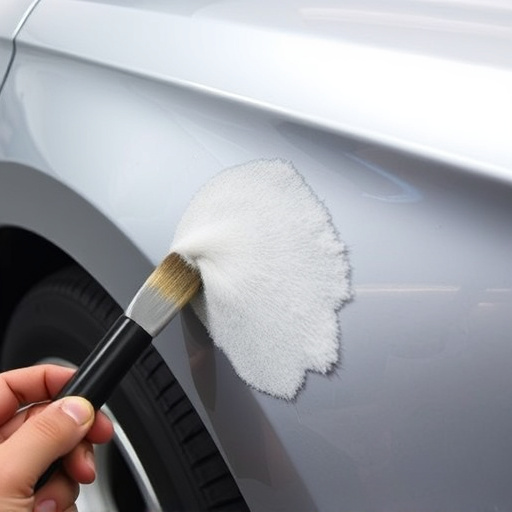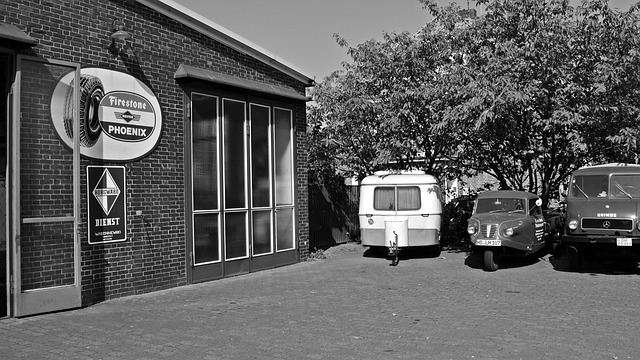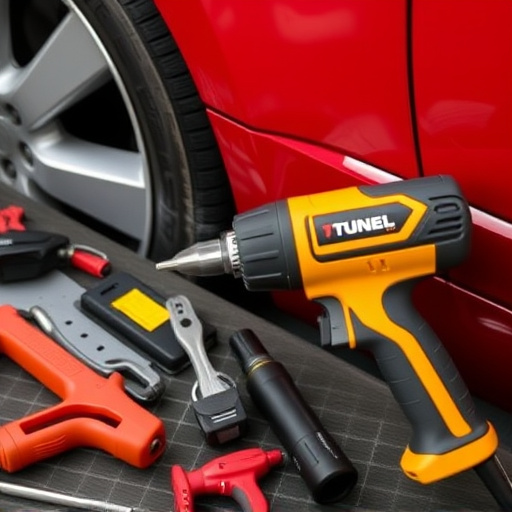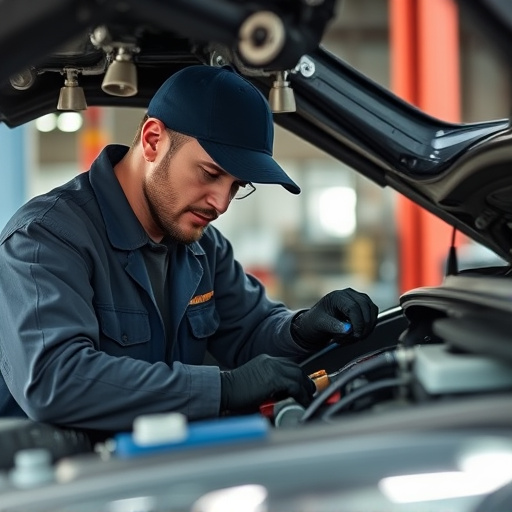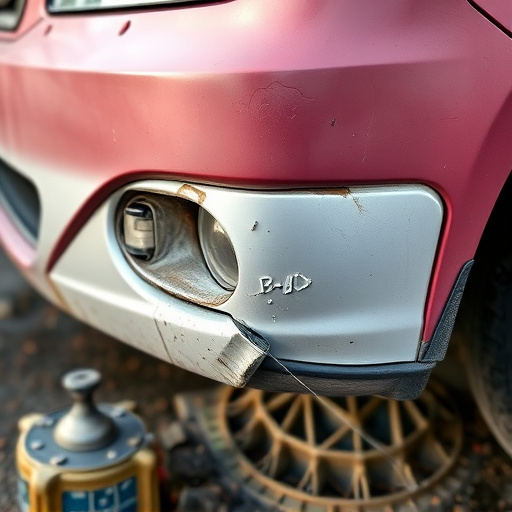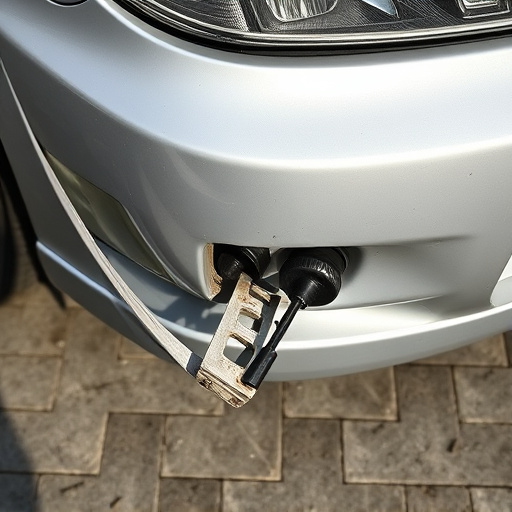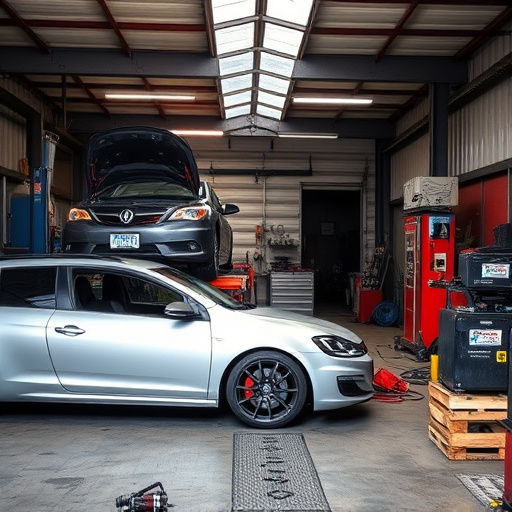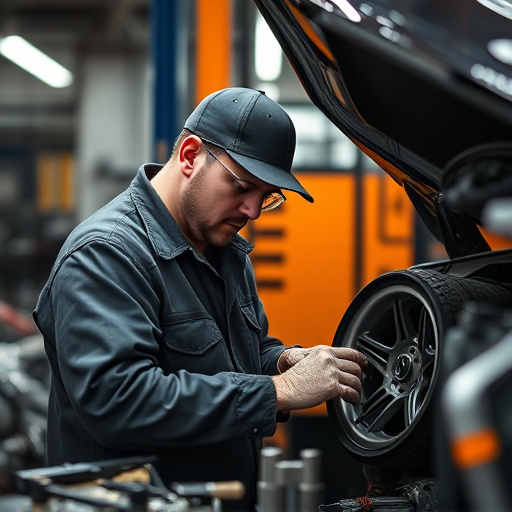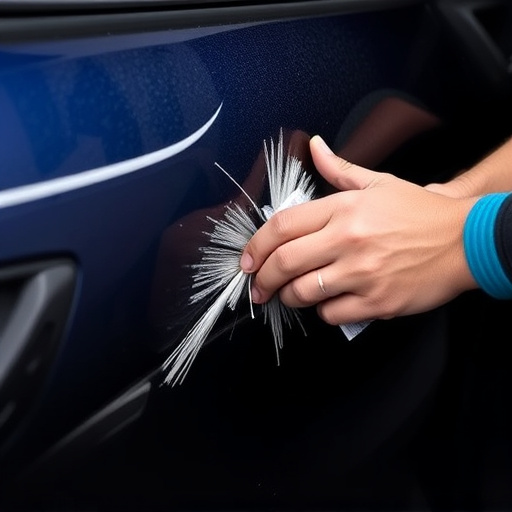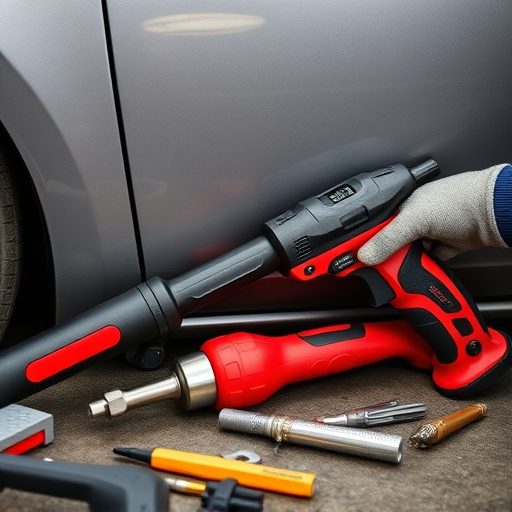Customer Safety Assurance (CSA) standards are crucial for auto repair providers, ensuring vehicle, customer, and property safety through secure storage, high-quality tools, adherence to best practices, transparency, and ethical conduct like explaining repairs, costs, risks, and benefits. Effective CSA fosters trust, especially in dent removal and collision repair. Regular training updates, including emerging techniques like paintless dent repair, and proactive protocol audits ensure compliance with safety regulations and technological advancements, enhancing service quality and reputation.
Ensuring consistent customer safety assurance is paramount for businesses aiming to foster trust and loyalty. This comprehensive guide outlines best practices for maintaining robust safety standards. We’ll explore foundational elements like defining clear customer safety assurance standards, designing impactful training programs that equip employees with essential skills, and the critical role of regular protocol audits and updates in a dynamic environment. By implementing these strategies, businesses can instill confidence and create a secure experience for their customers.
- Define Customer Safety Assurance Standards
- Implement Comprehensive Training Programs
- Regularly Audit and Update Protocols
Define Customer Safety Assurance Standards
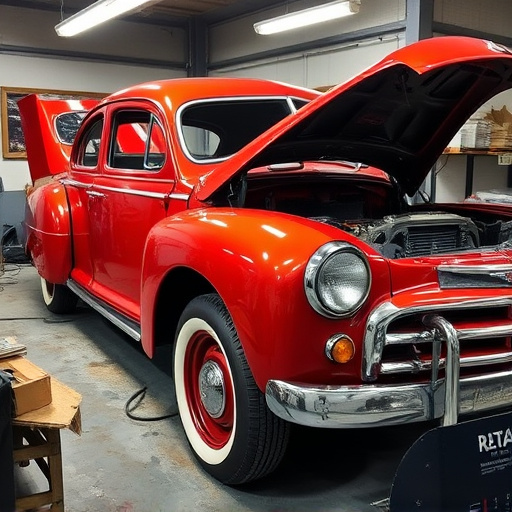
Customer Safety Assurance (CSA) standards are the cornerstone of any reputable auto repair service provider’s operations. Defining CSA involves establishing clear protocols and procedures aimed at safeguarding customers’ vehicles, their personal belongings, and most importantly, their well-being during every stage of a repair or maintenance process. This includes everything from secure storage of customer properties to the use of high-quality, safety-certified tools and materials, as well as adherence to industry best practices in areas such as dent removal and Mercedes Benz collision repair.
For auto repair services, CSA standards should encompass not only physical safety but also informational transparency and ethical conduct. This means providing customers with clear, understandable explanations of proposed repairs, estimated costs, and potential risks or benefits. Maintaining open lines of communication ensures that clients remain informed and comfortable throughout the entire process, fostering trust in the service provider’s expertise and professionalism – a key differentiator when compared to competitors offering less robust dent removal or collision repair services.
Implement Comprehensive Training Programs
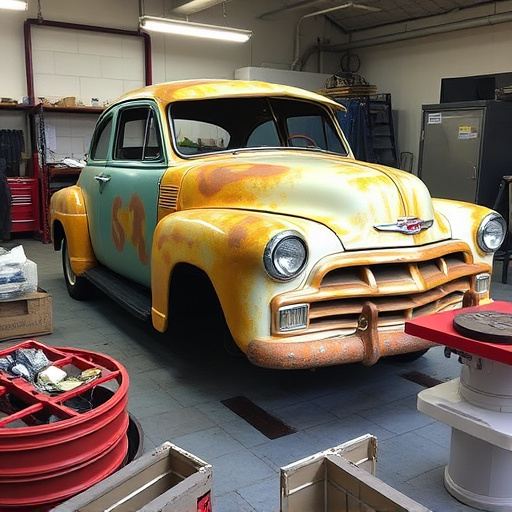
Implementing comprehensive training programs is a cornerstone of any business aiming for exceptional customer safety assurance. This involves equipping employees with the knowledge and skills necessary to handle various scenarios that may arise in their line of work, especially in a collision center or automotive restoration facility. By integrating practical, hands-on training alongside theoretical instruction, companies can ensure their staff are well-prepared to address challenges related to customer safety, including proper use of equipment, understanding safety protocols, and effective communication with clients.
Regular updates on these programs are crucial to keep up with evolving industry standards and best practices in the field. Topics such as paintless dent repair techniques, for instance, can be incorporated into training to enhance service offerings while prioritizing customer satisfaction and safety. Such continuous learning ensures that every interaction with a client is an opportunity to demonstrate expertise and commitment to maintaining the highest standards of customer safety assurance.
Regularly Audit and Update Protocols
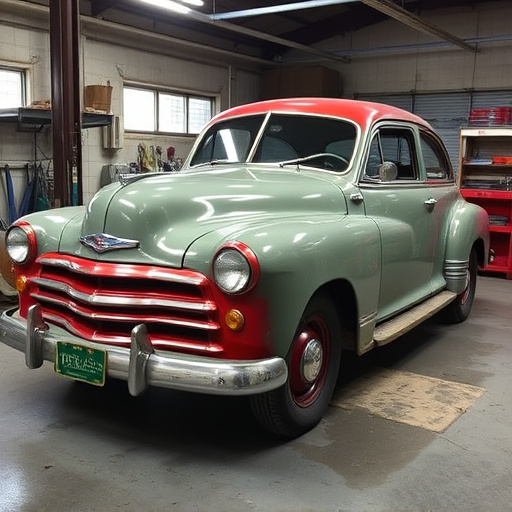
Maintaining consistent customer safety assurance is an ongoing process that requires regular audits and proactive protocol updates. By conducting frequent reviews, businesses in the vehicle body shop industry can identify gaps in their current practices and implement necessary improvements. These audits should encompass every aspect of collision damage repair and car paint repair services to ensure adherence to the highest standards.
Staying up-to-date with evolving safety regulations and technological advancements is crucial. For instance, keeping abreast of new techniques in car paint repair can enhance both the quality and durability of repairs. Regular updates ensure that your shop not only meets but exceeds customer expectations, fostering a reputation for reliable and safe vehicle body shop services.
Maintaining consistent customer safety assurance is paramount for any business aiming to build and preserve a loyal customer base. By defining clear standards, implementing comprehensive training programs, and regularly auditing and updating protocols, businesses can instill trust and confidence in their customers. These best practices not only safeguard clients but also position companies as leaders in their industry, fostering long-term relationships based on reliability and security.
